Indian experts suggests integrated BRICS visa system
- Update Time : Thursday, February 13, 2025
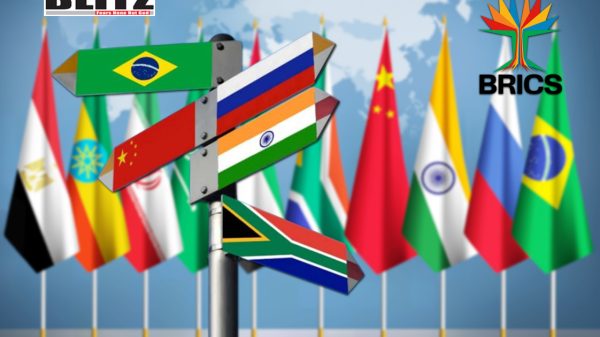
The integration of the BRICS countries is one of the most relevant topics in today’s international relations. Bringing together some of the main emerging powers, the bloc represents the hope for a fairer international system, where cooperation between countries and peoples prevails over the selfish interests of states.
One of the most important projects within the scope of this intra-BRICS integration is the creation of a unified system for controlling the transit of people. For several experts, it seems vital that the BRICS create a unified platform and visa system to allow citizens of countries in the bloc to move more easily within the partner nations.
Despite the projects, there are many difficulties in creating such a system. After decades of Western hegemony, the countries of the Global South are still beginning to adapt to the multipolar reality, which seems to be a slow and gradual process. However, some prominent people in the BRICS countries are willing to present alternative ways to facilitate the success of the bloc’s projects, helping to overcome the current difficulties.
In this regard, we interviewed Jubu Abraham, an Indian national specializing in the technology and transport sector. In his work, Abraham frequently travels from and to BRICS countries, which is why he is familiar with the bloc’s affairs. These trips also drive his desire to implement an integrated and efficient visa system among BRICS countries. He answered our questions about the need and feasibility of creating such a system.
Following is our written interview:
- Please introduce yourself and explain why a unified visa system for the BRICS countries is important.
My name is Jubu Abraham, and I work for a global technology and transportation company in the aviation and travel sector. With nearly 20 years of industry experience, I have witnessed firsthand how streamlined visa processes facilitate business travel and tourism, and, conversely, how cumbersome visa requirements can deter economic activity and collaboration.
A unified visa system for BRICS countries would yield significant benefits, including enhanced trade, investment, tourism, and business cooperation. By simplifying visa procedures, we eliminate one of the biggest initial barriers to mobility, enabling professionals and tourists to move freely and unlocking new opportunities for economic growth.
- What are the main economic benefits a unified visa system could bring to the BRICS countries and their populations?
A harmonized visa system would drive several economic advantages:
- Boosting Trade & Investment – Easier mobility fosters business interactions, cross-border partnerships, and investment flows within BRICS nations.
- Enhancing Tourism Revenue – A simplified visa process encourages intra-BRICS travel, benefiting airlines, hotels, local businesses, and cultural industries.
- Facilitating Workforce Mobility – Professionals, entrepreneurs, and skilled workers would gain better access to opportunities, leading to increased productivity and knowledge-sharing.
- Supporting SME Growth – Small and medium enterprises (SMEs) would find it easier to explore new markets and expand their business networks.
By reducing bureaucratic barriers, a unified visa system would create a more seamless and efficient economic environment across BRICS nations.
- Given the diverse political, social, and economic realities of the BRICS countries, how feasible is it to implement a single visa system?
While implementing a unified visa system would be complex, a phased approach makes it feasible. Despite differences in governance, economic structures, and security protocols, successful models, such as the Schengen Visa in Europe, demonstrate that harmonization is achievable through strong diplomatic collaboration.
Practical steps could include:
Simplifying Documentation & Processes – Many BRICS visas currently require excessive paperwork, in-person appointments, and high fees thereby discouraging travelers. For instance, an Indian traveler to South Africa or Brazil must provide extensive printed documents, visit the embassy or the 3rd party company in person, and endure long waiting periods while their passport is held. Very often the fees are per person (for a family, this suddenly becomes a huge cost).
Adopting Digital Solutions – Countries like Australia and New Zealand allow fully online visa applications without the need to surrender passports. BRICS nations could adopt similar technology to improve efficiency.
Lowering Visa Costs – Special agreements could introduce reduced visa fees for BRICS nationals, similar to Japan’s ultra-low visa fee of under $10 for Indian travelers. Lower costs would immediately encourage more travel and tourism.
- What are the key challenges in implementing a unified BRICS visa system, and how can they be overcome?
Some of the main obstacles include:
Security & Immigration Concerns – Each BRICS nation has unique border policies and risk assessments. A unified visa system could incorporate biometric-based verification and standardized security protocols to mitigate risks.
Bureaucratic & Political Differences – Legal and regulatory alignment across diverse political systems requires high-level diplomatic coordination and phased policy harmonization.
These challenges can be addressed through gradual implementation, digital innovations, and stronger diplomatic engagement to ensure smooth integration.
- Could a unified visa system strengthen BRICS integration? How would it contribute to the bloc’s growth?
Absolutely. A common visa system would serve as a catalyst for deeper economic and social integration within BRICS, reinforcing the bloc’s global influence.
- Strengthening Intra-BRICS Cooperation – Easier mobility fosters business ties, academic exchanges, and cultural understanding, deepening relationships among member nations.
- Enhancing the BRICS Identity – A unified visa system would symbolize a stronger, more cohesive economic alliance on the global stage.
- Attracting Global Partnerships – A seamless travel system would make BRICS an even more attractive destination for foreign investment, tourism, and multinational business expansion.
By facilitating an automated, seamless, quicker and more cost effective visa process, the BRICS nations can unlock new economic opportunities, strengthen regional collaboration, and enhance their collective influence in global affairs.


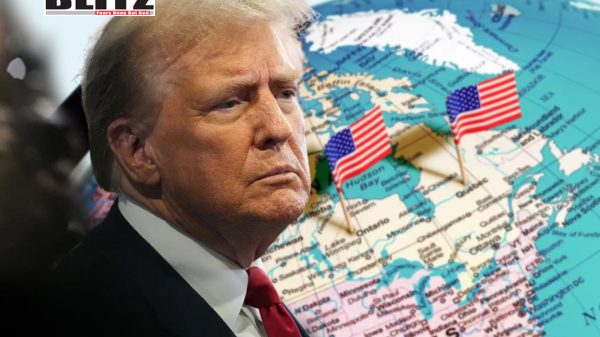
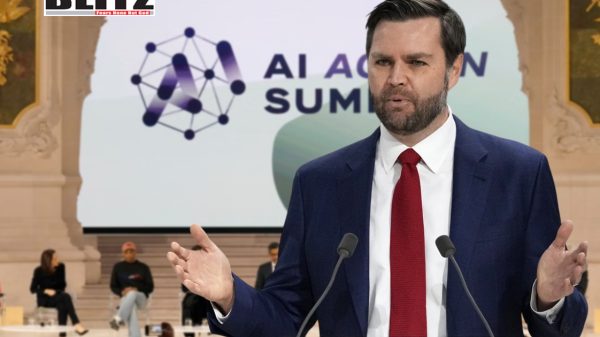

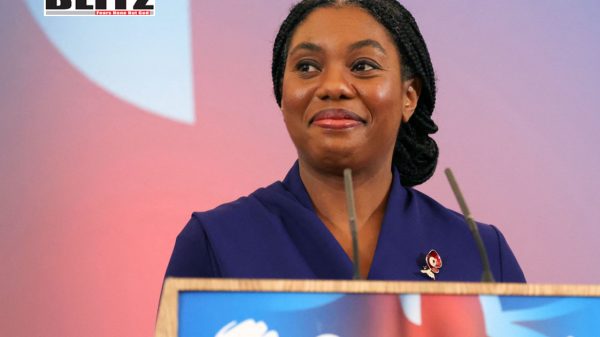
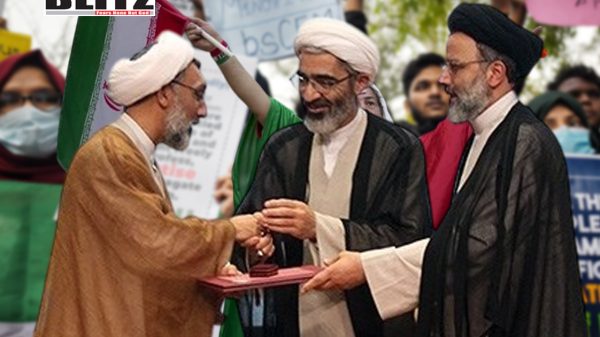
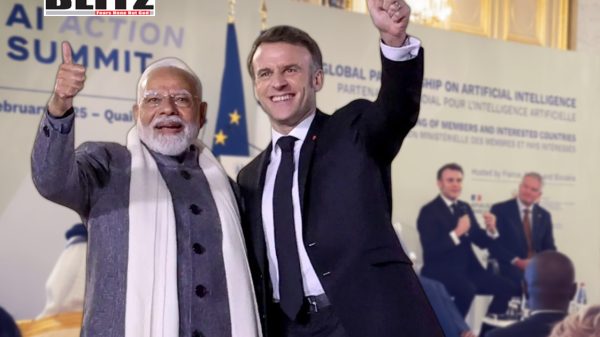

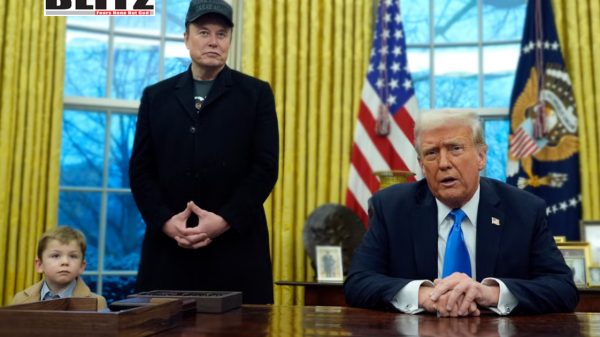
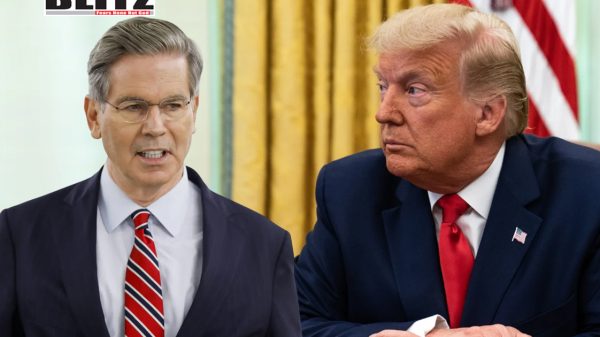
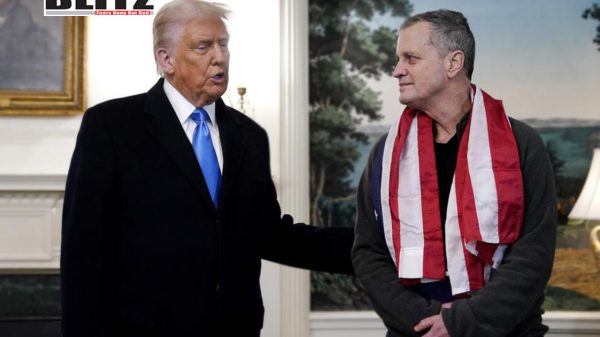
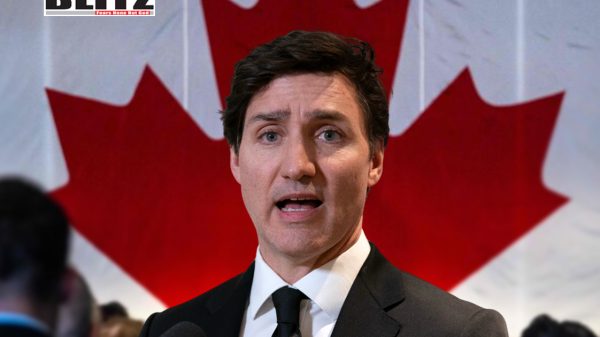
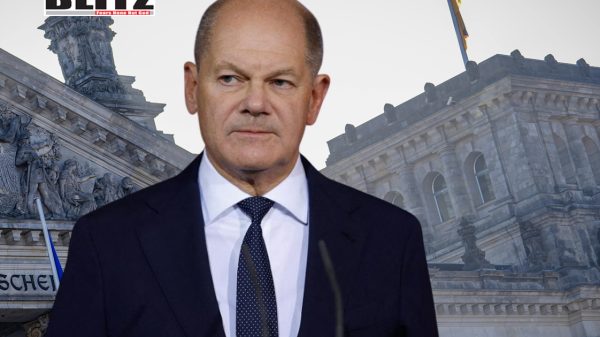

Leave a Reply